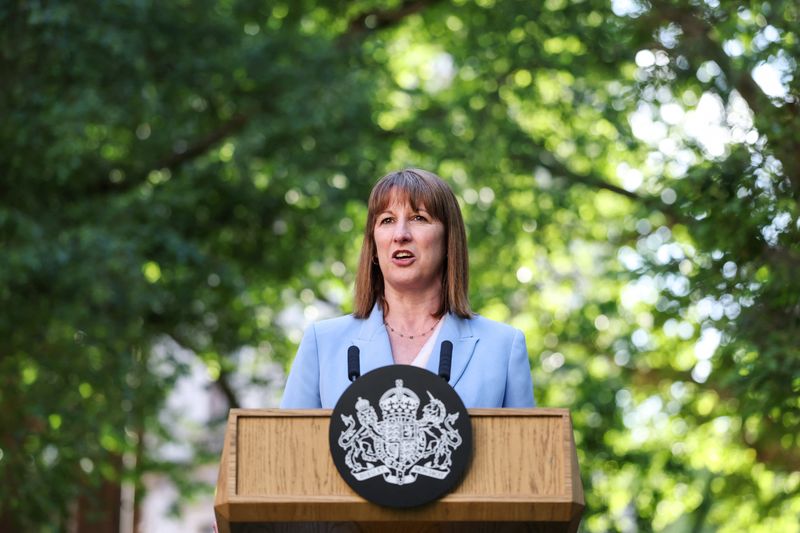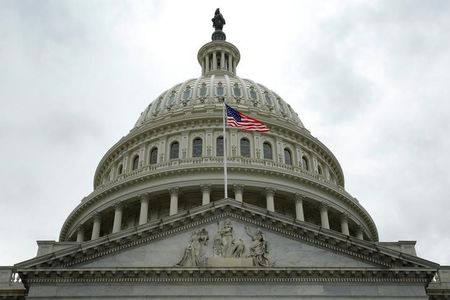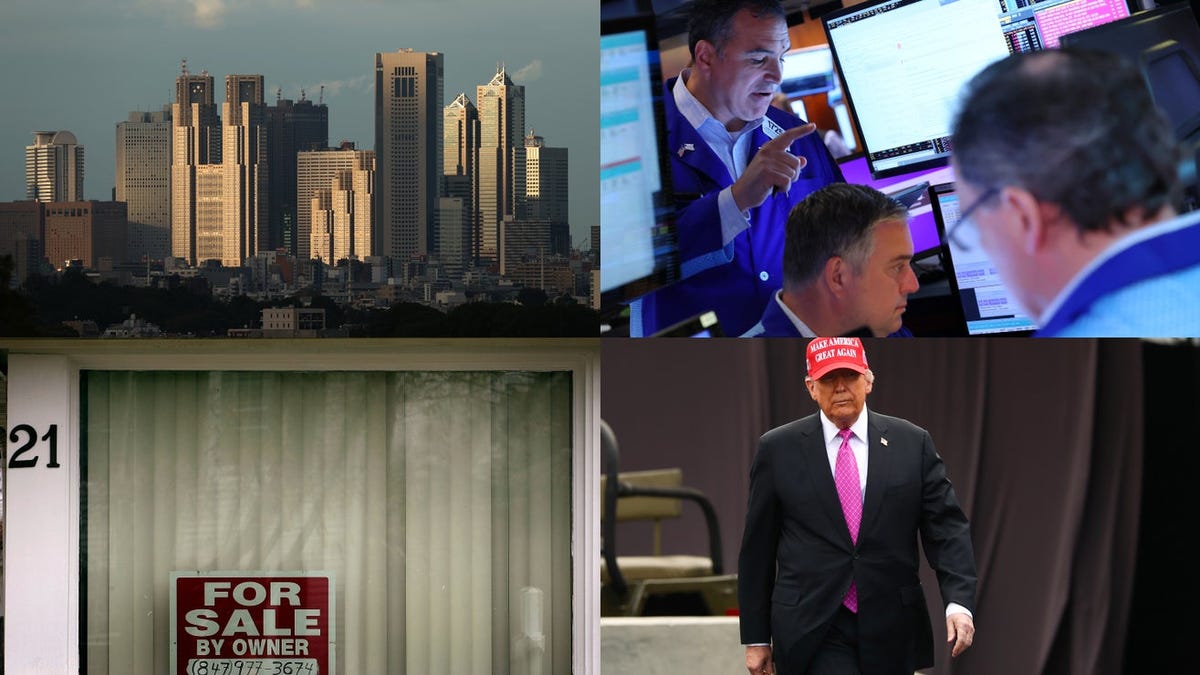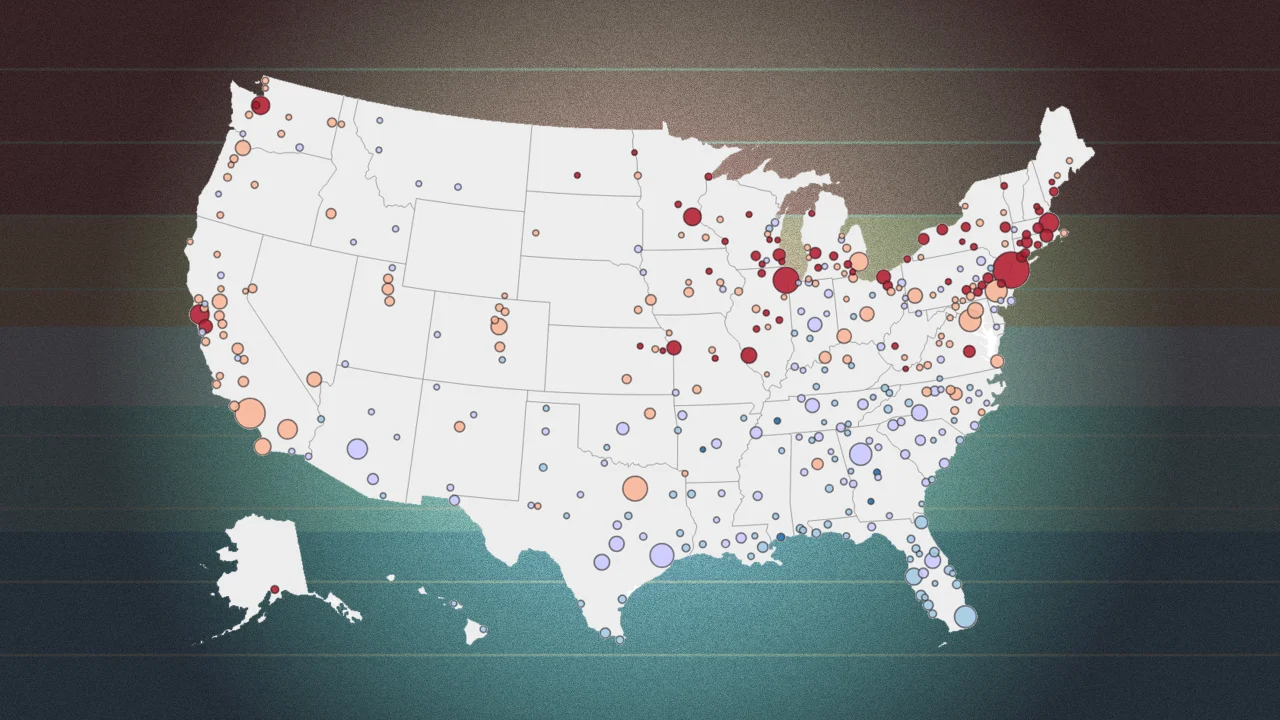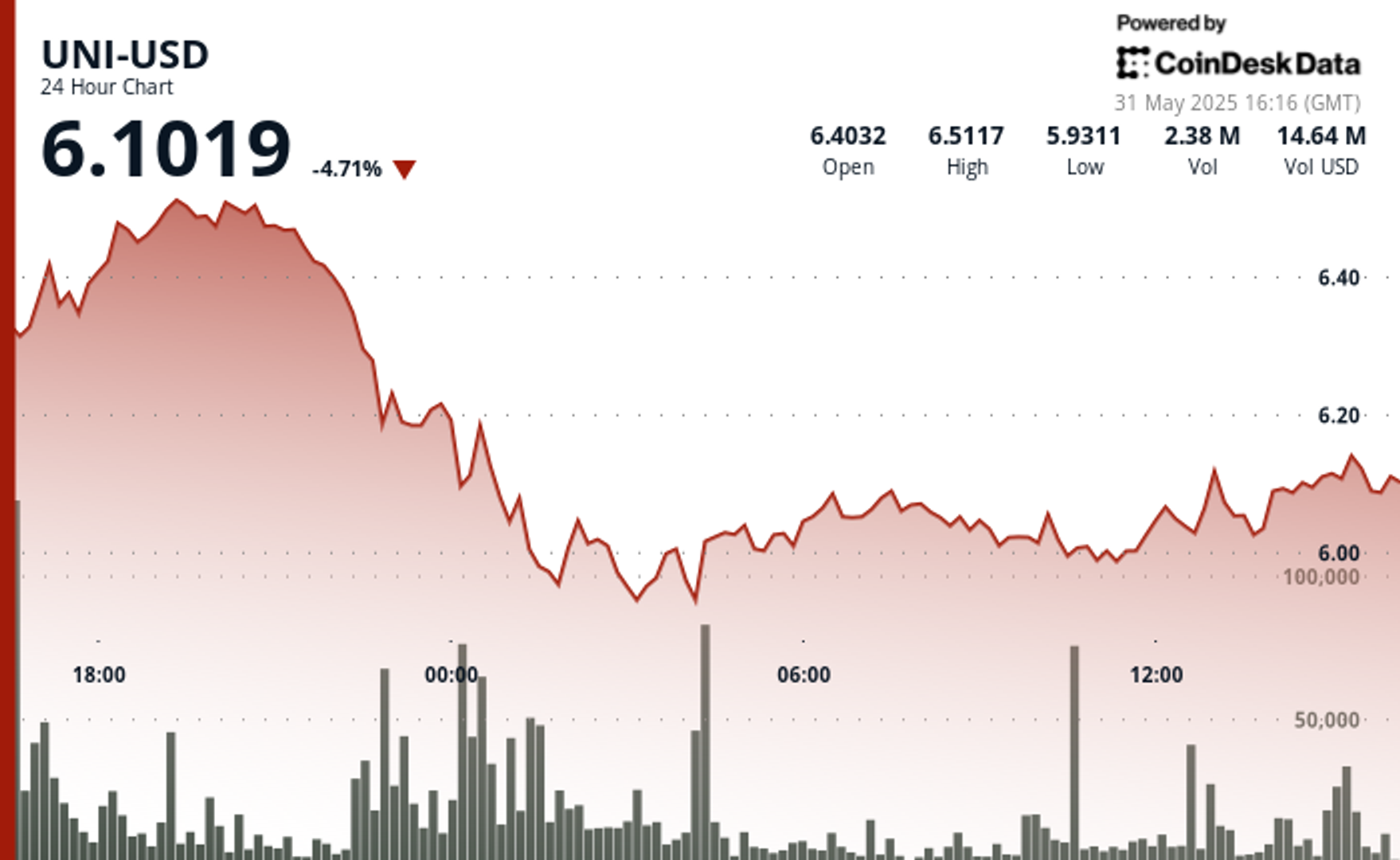Trump can revoke status of 500,000 immigrants, Supreme Court says
Following a divided Supreme Court ruling Friday, more than half a million people from Cuba, Haiti, Nicaragua and Venezuela stand to have their legal immigration status in the U.S. revoked. The decision follows another recent ruling clearing the way for President Trump’s no-holds-barred immigration crackdown and puts close to one million people at risk of imminent deportation, even as the case continues its way through the courts. The Supreme Court’s decision to grant a stay in the case will temporarily pause an immigration program known as CHNV (Cuba, Haiti, Nicaragua, and Venezuela) that offered temporary legal entry into the U.S. for people fleeing countries stricken by war and instability. Previously, a federal judge ruled that the administration could not suspend the program across the board, a decision that was upheld by an appeals court last month. Following those rulings, the Trump administration sought an emergency appeal with the Supreme Court and on Friday it was successful. A Biden-era immigration program Earlier this month in a parallel case, the Supreme Court cleared the way for the White House to remove the legal status of 350,000 Venezuelan immigrants living within the country through a program granting them legal protections known as Temporary Protected Status. The Biden administration introduced an expanded humanitarian parole program in 2023, building on a previous program specific to Venezuela that was implemented the year prior. Under the expanded process, up to 30,000 people per month from Venezuela, Nicaragua, Haiti, and Cuba who have a sponsor in the U.S. and pass background checks could be granted work authorization and allowed to stay in the U.S. for two years. The initiative aimed to “expand and expedite legal pathways for orderly migration” by offering an additional immigration path that discouraged illegal alternatives. The Biden administration attributed a drop in unlawful immigration from Venezuela to the success of the humanitarian parole program. The new Supreme Court ruling is the latest emergency order responding to the Trump administration’s barrage of executive actions seeking to dismantle existing immigration policies. The ruling did not provide an explanation for the decision, which reverses a lower court’s previous decision to block the administration’s effort to end the humanitarian parole program. Moving faster than the courts After taking office, President Trump moved immediately to dismantle Biden-era immigration policies, which he characterized as enabling a “large-scale invasion” of the country. In an executive order issued on January 20, Trump announced his intention to end the humanitarian parole program and signaling the coming battle over immigration in the courts. “One of my most important obligations is to protect the American people from the disastrous effects of unlawful mass migration and resettlement,” Trump said in the order. In March, the Department of Homeland Security moved to execute those plans, revoking temporary legal protections for more than 500,000 people in the U.S. Trump has boasted of plans to deport upwards of 15 million people, but that number exceeds most estimates of how many total unauthorized immigrants are even in the U.S. to begin with. While Trump’s immigration numbers may not eclipse those of his former political rivals, his administration’s methods and priorities vary sharply. A rhetorical shift with familiar numbers Despite centering his public image around immigration policy, Trump actually deported fewer people during his first term than former President Obama did during either of his two consecutive terms. During his first four years, Trump deported roughly 1.5 million people – half of the 2.9 billion from Obama’s first term – but has promised to execute “the largest deportation program in American history” upon taking office again. For comparison, former President Biden deported more people in 2024 than any president within a single year in the last decade. While the Obama administration focused its efforts on recent arrivals in the U.S., Trump is targeting people who have been in the country for years along with large swaths of people who entered the U.S. legally during the Biden era. Trump also made headlines by announcing that the U.S. would detail 30,000 people in Guantánamo’s infamous military prison, but has backed away from the flashy enforcement plan over concerns around cost and logistics. Leaning on a centuries-old law To achieve its anti-immigration aims, the Trump administration has undertaken a rash and potentially illegal series of deportations, leaning on an obscure law known as the Alien Enemies Act of 1798, which was previously invoked only three times across history. In March, an ICE official admitted to mistakenly deporting a man with protected legal status to El Salvador. The administration initially said that it could not bring the man, Abrego Garcia

Following a divided Supreme Court ruling Friday, more than half a million people from Cuba, Haiti, Nicaragua and Venezuela stand to have their legal immigration status in the U.S. revoked. The decision follows another recent ruling clearing the way for President Trump’s no-holds-barred immigration crackdown and puts close to one million people at risk of imminent deportation, even as the case continues its way through the courts.
The Supreme Court’s decision to grant a stay in the case will temporarily pause an immigration program known as CHNV (Cuba, Haiti, Nicaragua, and Venezuela) that offered temporary legal entry into the U.S. for people fleeing countries stricken by war and instability. Previously, a federal judge ruled that the administration could not suspend the program across the board, a decision that was upheld by an appeals court last month. Following those rulings, the Trump administration sought an emergency appeal with the Supreme Court and on Friday it was successful.
A Biden-era immigration program
Earlier this month in a parallel case, the Supreme Court cleared the way for the White House to remove the legal status of 350,000 Venezuelan immigrants living within the country through a program granting them legal protections known as Temporary Protected Status.
The Biden administration introduced an expanded humanitarian parole program in 2023, building on a previous program specific to Venezuela that was implemented the year prior. Under the expanded process, up to 30,000 people per month from Venezuela, Nicaragua, Haiti, and Cuba who have a sponsor in the U.S. and pass background checks could be granted work authorization and allowed to stay in the U.S. for two years.
The initiative aimed to “expand and expedite legal pathways for orderly migration” by offering an additional immigration path that discouraged illegal alternatives. The Biden administration attributed a drop in unlawful immigration from Venezuela to the success of the humanitarian parole program.
The new Supreme Court ruling is the latest emergency order responding to the Trump administration’s barrage of executive actions seeking to dismantle existing immigration policies. The ruling did not provide an explanation for the decision, which reverses a lower court’s previous decision to block the administration’s effort to end the humanitarian parole program.
Moving faster than the courts
After taking office, President Trump moved immediately to dismantle Biden-era immigration policies, which he characterized as enabling a “large-scale invasion” of the country. In an executive order issued on January 20, Trump announced his intention to end the humanitarian parole program and signaling the coming battle over immigration in the courts.
“One of my most important obligations is to protect the American people from the disastrous effects of unlawful mass migration and resettlement,” Trump said in the order. In March, the Department of Homeland Security moved to execute those plans, revoking temporary legal protections for more than 500,000 people in the U.S.
Trump has boasted of plans to deport upwards of 15 million people, but that number exceeds most estimates of how many total unauthorized immigrants are even in the U.S. to begin with. While Trump’s immigration numbers may not eclipse those of his former political rivals, his administration’s methods and priorities vary sharply.
A rhetorical shift with familiar numbers
Despite centering his public image around immigration policy, Trump actually deported fewer people during his first term than former President Obama did during either of his two consecutive terms. During his first four years, Trump deported roughly 1.5 million people – half of the 2.9 billion from Obama’s first term – but has promised to execute “the largest deportation program in American history” upon taking office again. For comparison, former President Biden deported more people in 2024 than any president within a single year in the last decade.
While the Obama administration focused its efforts on recent arrivals in the U.S., Trump is targeting people who have been in the country for years along with large swaths of people who entered the U.S. legally during the Biden era. Trump also made headlines by announcing that the U.S. would detail 30,000 people in Guantánamo’s infamous military prison, but has backed away from the flashy enforcement plan over concerns around cost and logistics.
Leaning on a centuries-old law
To achieve its anti-immigration aims, the Trump administration has undertaken a rash and potentially illegal series of deportations, leaning on an obscure law known as the Alien Enemies Act of 1798, which was previously invoked only three times across history.
In March, an ICE official admitted to mistakenly deporting a man with protected legal status to El Salvador. The administration initially said that it could not bring the man, Abrego Garcia, back to the U.S., though Trump later said that he could return Garcia with a single phone call but chose not to.
Justices Ketanji Brown Jackson and Sonia Sotomayor denounced the court’s emergency decision in a dissent on Friday, accusing the administration of intending to “inflict maximum predecision damage” through its appeal.
“The Court has plainly botched this assessment today,” Jackson wrote in the dissent, arguing that the decision “undervalues the devastating consequences of allowing the Government to precipitously upend the lives and livelihoods of nearly half a million noncitizens while their legal claims are pending.”






















